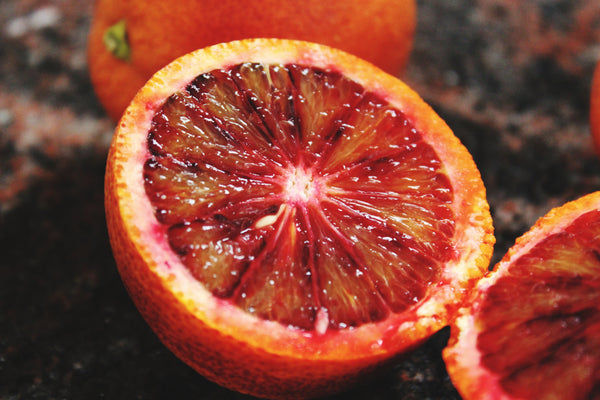
Diligent Consumption of Vitamin C is Good at Reducing the Risk of Cataracts

Getting enough vitamin C in your diet can reduce your risk of cataracts by a third.
Diligent Consumption of Vitamin C is Good at Reducing the Risk of Cataracts
Research shows that an important factor in increasing the risk of cataracts is diet and lifestyle, not genetics. Cataract is the number one cause of blindness in the world.
Read: Can We Use Vitamin C for Allergies?
According to the Centers for Disease Control and Prevention (CDC), 29.2% of Americans have cataracts. Cataracts form in the lens of the eye, clouding it and causing it to become blurry. This can significantly reduce eye vision.
Research conducted in England on 1,000 pairs of eyes twins. Each participant asked questions about their intake of vitamins A, B, C, D and E, plus copper, zinc, manganese, and others.
The study subjects had the eyepiece visualized and underwent another test ten years later. The results showed that environmental factors such as diet are responsible for about 65 percent of the risk of developing cataracts.
Genetic factors are only about 35 percent. People with a diet rich in vitamin C had a 33 percent lower risk of developing cataracts.
Researchers believe that the effect of vitamin C can be attributed to its antioxidant properties.The fluid inside the eye is usually high in vitamin C, which helps protect the lens from clouding.
Unfortunately if your diet does not provide enough vitamin C, your lenses will be vulnerable. Other factors that can increase the risk of cataracts are diabetes and inflammatory conditions (allergies and autoimmune diseases), and the presence of certain medications.
The conclusion of the article is that by consuming lots of vitamin C and living a healthy lifestyle, you will avoid the risk of developing cataracts. Therefore, let's adjust your diet, live healthy and don't forget to consume vitamin C every day.




